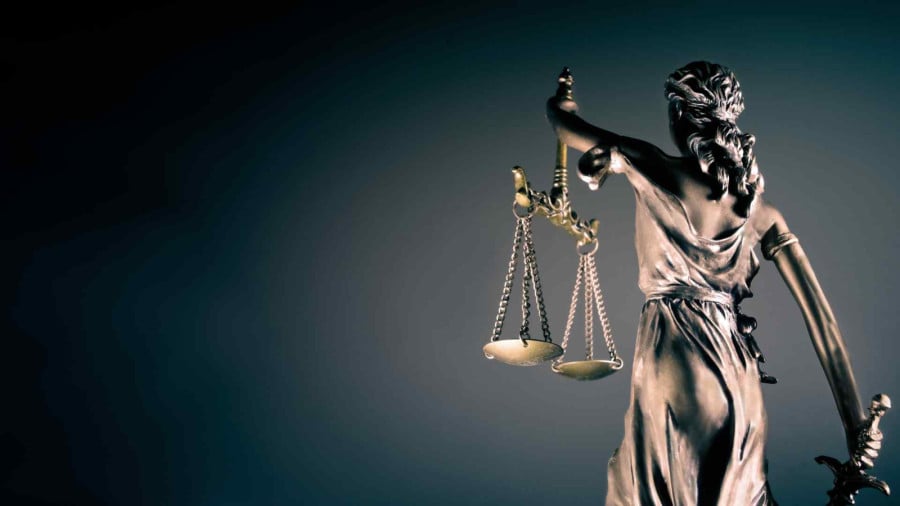Safeguarding Proceedings - How To Balance The Rights Of The Accused With Treatment Of The Abused?

Safeguarding practice is about protecting and promoting wellbeing. It encompasses a wide variety of actions that are designed both to protect individuals from abuse and maltreatment, and to positively improve individuals’ lives and outcomes. In keeping with that, safeguarding proceedings are not about the punishment of those who perpetrate abuse - that is a function of criminal and disciplinary proceedings. Safeguarding proceedings are instead concerned with the management of risk. However, insofar as proceedings might be necessary to manage the risk an individual might pose to others, safeguarding practice is concerned with ensuring (as far as possible) that such proceedings are not themselves the cause of harm or distress. This is especially so in respect of the giving of evidence by children and adults at risk at hearings.
Fortunately, it is possible for sports regulators to resolve most safeguarding cases without the need for there to be a hearing involving live evidence. Alternative outcomes can readily be legislated for in sports regulators’ safeguarding rules and regulations. In respect of lower level (poor practice) concerns, cases can often appropriately be resolved through measures such as guidance and training. In cases following criminal convictions, the fact of the criminal conviction will usually stand as irrefutable evidence of the facts relating to the conviction - so there is no need to hear factual evidence to establish the same facts. And in cases across the spectrum of severity, sports regulators can reach agreement with individuals who admit poor practice and/or abuse as to the appropriate risk management measures to be applied in their cases.
The most difficult safeguarding proceedings in sport are those that are contested and require a hearing involving oral evidence to determine relevant facts (often involving cases that failed to meet the threshold for criminal prosecution, or that resulted in an acquittal when tried against a higher criminal standard of proof) – such cases are difficult for those who have been abused, for those who stand accused of abuse (and/or of posing a risk of harm to others), for friends and family of those parties, for witnesses, and indeed often for any lawyers and other experts involved in the process.
Achieving a procedure for safeguarding cases that finds the right balance, particularly as between the treatment of victims/survivors/complainants on the one hand, and respondents to safeguarding proceedings on the other, is no easy task. This article examines how that balance may be best achieved, by looking at
To continue reading or watching login or register here
Already a member? Sign in
Get access to all of the expert analysis and commentary at LawInSport including articles, webinars, conference videos and podcast transcripts. Find out more here.
- Tags: Athlete Welfare | Dispute Resolution | Gymnastics | Hockey | Regulation | Rugby | Safeguarding | Sports
Related Articles
- Top 10 tips for safeguarding children and vulnerable adults in sports
- Best practice for handling child abuse investigations in sport
- Seven tips for sports organisations to keep safeguarding at the top of the board agenda
- Access To Justice For Survivors Of (Sexual) Harassment And Abuse In Sports
- Major Hurdles Still Face U.S. SafeSport In The Movement To Protect Athletes
Written by
Richard Bush
I am an experienced and practically minded sports lawyer, working as a partner in our Media, Entertainment & Sports Group at Bird & Bird in London.
Having trained and qualified at a major city firm, I began my career as a sports lawyer in 2011, working as an in-house lawyer at The FA. In 2014 I went back into private practice with a highly respected boutique sports law firm, before joining the market-leading practice here at Bird & Bird in 2016.
As a consequence, I have experience of advising a wide range of sports organisations (including national and international governing bodies, event organisers, clubs, and rights-holders) across a wide variety of legal issues. I have developed a deep understanding of the wider practical challenges faced by such organisations.

 Global Summit 2024
Global Summit 2024